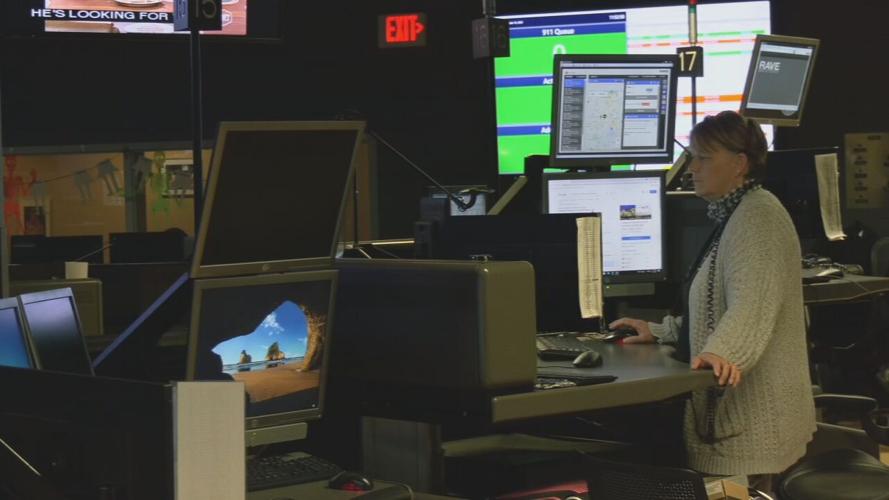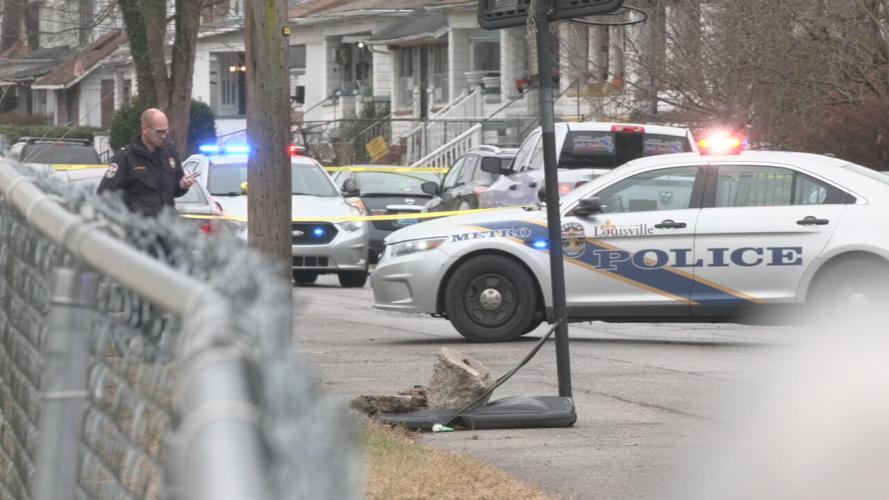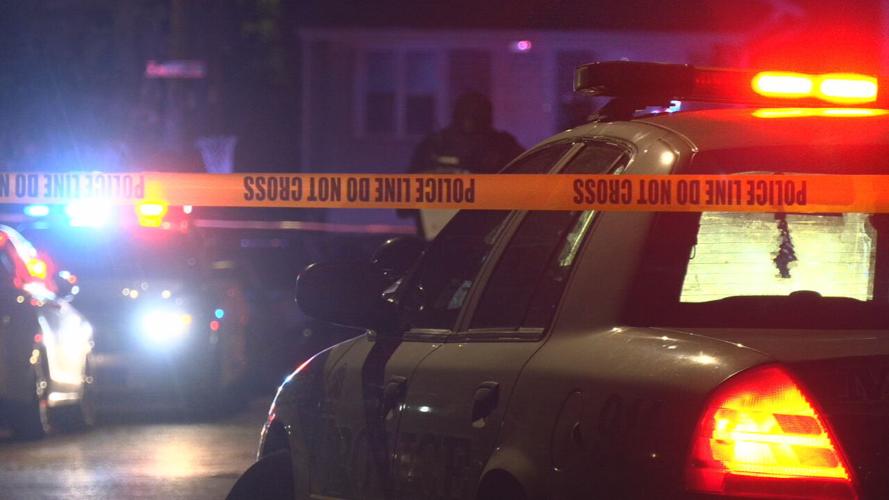LOUISVILLE, Ky. (WDRB) -- Louisville's Crisis Call Diversion Program is expanding its hours after a successful first year.
The diversion program, also known as deflection, sends some 911 calls to people trained in mental health crisis prevention instead of police. The service currently operates from 2-10 p.m.
It will now be available from 10 a.m. to 10 p.m.
City officials said the expansion was made possible by hiring more staff, and hope to offer the program 24/7 in the future.
"The overall goal is to end that revolving door of hospitalization and incarceration and just not being able to get the right recourses that they need at that time," said Nicole Wiseman, the unit manager of the deflection program.
"Basically when someone is calling 911 and they're experiencing a mental health crisis that can be sent over to our team rather than a traditional police, fire or EMS response," Wiseman explained.
She described the program as a "new entry point for folks that are experiencing a behavioral heath crisis to get the help they need. The immediate being able to talk to someone that knows what they're doing, have somebody actually respond in person that can help them with what they're dealing with and then get them connected to ongoing resources."
Wiseman said many people don't know about mental health services that are available to get them the right kind of help they need.
Former Mayor Greg Fischer announced plans for the project in October 2021 after recommendations from the University of Louisville Commonwealth Institute of Kentucky (CIK). In January 2022, Louisville Metro Council approved a contract with Seven Counties Services.
"We started with one LMPD police division, and on July 1 we will be at -- we've already expanded to all eight LMPD divisions," Wiseman said.
Mayor Craig Greenberg said the expansion is also following recommendations noted in the recent Department of Justice report, which investigated LMPD and Louisville Metro Government. The report suggested the CCDP pilot program be expanded.
So far the program has resulted in more than 600 people receiving crisis support and referrals without the involvement of LMPD officers. It's freed up hundreds of hours of time that officers could have been spent responding to those calls.
James Polk, the deflection program project manager on the Louisville Metro side, said people with mental health issues tend to call 911 over and over for non-emergency situations. "These individuals have been calling for quite a long time, many of them, and it's just been a cyclical problem for them. So once they call now, our call takers now have a fourth option."
Without that fourth option, Polk said the 911 callers with mental health issues sometimes ended up in jail or the ER, where there's no treatment for mental health. Usually the call takers have only a few minutes to decide if police or an ambulance should be sent.
"Now we have that fourth option," Polk said, "where we can take the time and talk to that person, and go deep into the interview and decide what's going to be the best thing for this person."
Here's how the process works:
- When a caller calls into 911 from LMPD's Fourth Division, MetroSafe call takers will triage the call to determine if the call should be transferred to Crisis Triage Workers (CTW) in the new Behavioral Health Hub located within MetroSafe.
- The CTW team will function like a crisis hotline to de-escalate, provide emotional support, create a safety plan, and problem solve for the person in crisis.
- If CTW determines that a face-to-face response would be beneficial, they initiate a mobile response and trained professionals will go to the scene.
- Mobile responders will meet the person where they are to further de-escalate and assess the situation and if needed, connect that person to a service. Responders have the option to transport the person to the community respite center at Seven Counties Services or another community resource, such as a shelter.
"We have done over 1,400 runs we have done over 500 mobile responses, and we have gotten many people the help that they need and taken them out of that cycle," Polk said.
Related Stories:
- Louisville launches pilot project to deflect some 911 calls to a non-police response
- LMPD body camera video contradicts part of the reasoning for officers' use of force in 2019 arrest
- Louisville to launch pilot for crisis intervention teams to respond to some 911 calls
- Initiative in Louisville would allow mental health, social workers to respond to some 911 calls
- New program will find better ways to respond to 911 calls outside LMPD's scope
- Jeffersontown police adding 3 social workers to support officers on mental health runs
Copyright 2023 WDRB Media. All Rights Reserved.

















